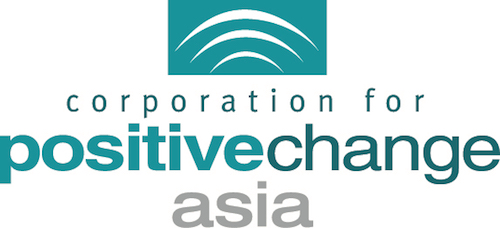Appreciative leaders hold each and every person in positive regard. They look through appreciative eyes to see the best of people. They seek to treat all individuals positively, with respect and dignity, no matter their age, gender, race, religion, or culture—even education or experience. They believe that everyone has positive potential—a positive core of strengths and a passionate calling to be fulfilled—and they seek to bring that forward and nurture it.
Diana Whitney, PhD, Amanda Trosten-Bloom and Kae Rader
2016-02-03T05:24:13+00:00
Diana Whitney, PhD, Amanda Trosten-Bloom and Kae Rader
Appreciative leaders hold each and every person in positive regard. They look through appreciative eyes to see the best of people. They seek to treat all individuals positively, with respect and dignity, no matter their age, gender, race, religion, or culture—even education or experience. They believe that everyone has positive potential—a positive core of strengths and a passionate calling to be fulfilled—and they seek to bring that forward and nurture it.
http://positivechange.hk/testimonials/464/

